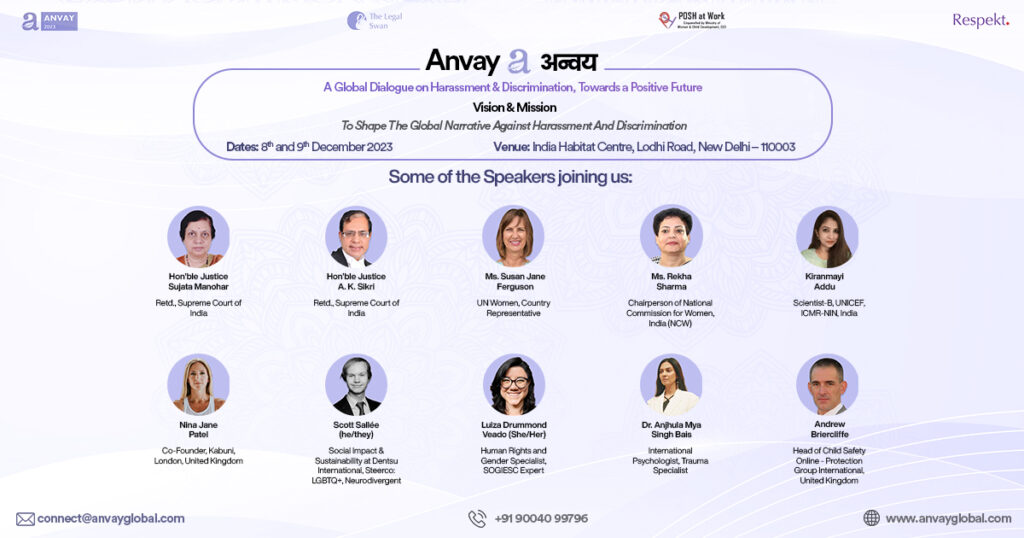Now Reading: Civic Architects: The Policy Generation Group (Right to Menstrual Health)
-
01
Civic Architects: The Policy Generation Group (Right to Menstrual Health)
Civic Architects: The Policy Generation Group (Right to Menstrual Health)
In an ideal democracy, the State mechanism is designed to determine the problem areas for its people and resolve them through necessary policy action. People and their well being is thus at the core of an exemplary public policy mechanism, which is why proactive mass action can determine the fate of the policies that the State sets out to formulate. It is hence crucial that people demand policies on existing realities that require urgent attention of the State because unless such issues garner public attention, the State can’t recognise their expanse at a scale that deserves carefully crafted policies.
At LexQuest, we believe that in the world’s largest democracy, effective public participation can turn our policy making into a transparent, accountable and smooth process where the government can acknowledge issues that the people heed and demand to be resolved.
But how can people learn enough about issues that deserve attention? How can mass action and effective public participation be ensured? How can civilians come together to determine policy actions?
Through LexQuest Foundation’s new initiative- Civic Architects: The Policy Generation Group, we promise to answer all your questions as we invite you for comprehensive sessions which will:
- Educate you about issues that need your attention.
- Enable you to think of policy solutions to deal with the menace such issues cause.
- Initiate you into the space of effective mass action.
Civic Architects will thus bring together civilians who will architect policy solutions to assist, aid and accentuate the necessary course of action required on issues that remain unnoticed even as they lurk on the fringes jeopardising the well being of many of our people. We call upon all those of you who intend to make a difference by changing the discourse of public participation and demystifying the idea of active citizenry.
Call For Action: Right to Menstrual Health
As soon as women attain the age of puberty, their bodies buck up for an ever evolving phase of the reproductive cycle. The biology behind menstruation isn’t that simple to explain, as different women face different symptoms, conditions and problems related to their monthly menstrual cycles. What remains uniform though, is the fact of bleeding every month and undergoing several physical, psychological and physiological changes of the most unavoidable and inconvenient (to say the least) kind, every single month.
While in nature, all females of the mammal class undergo menstruation, human beings make it worse for their females in how they treat, receive and perceive menstruation and menstruating women in the society.
India is a country where attaining puberty calls for ceremonies celebrating fertility (in certain regions) but the routine affair of bleeding renders the woman impure, the act filthy and the subject embarrassing enough to acknowledge or talk about. There is enough literature on how menstruation is a taboo in India, and how that fact adversely affects women’s health in the country, but what has escaped our attention is how there are no policies in place to support this process.
Why aren’t sanitary pads easily accessible and affordable? Why is ensuring healthy menstrual cycles by establishing period friendly public spaces not a part of any government’s agenda? What does creating a period friendly space entail? Why is menstrual health not a part of reproductive rights? Why is the insensitivity rooted in unreasonable taboos around menstruation still widely prevalent? Is it only a woman’s problem and not the society’s? Do women need to miss their schools, colleges and offices when on their periods? Why isn’t “Period Leave” an option that all women can avail? Why should women made to feel guilty or embarrassed about their period? Is the inconvenience of menstruation about gender discrimination and patriarchy? Is demanding the Right to Menstrual Health an “over-sensitive feminist fantasy” or a basic Human Rights issue, in need of immediate attention?
These are some of the questions that we shall seek answers and policy solutions to, at the next chapter of Civic Architects: The Policy Generation Group. As we believe that every little act of sensitisation starts with acknowledgement of an existing reality as a problem, we intend to initiate a conversation that effectively addresses the lack of sensitivity and liberty that we as a society, a culture and most importantly a democracy subject our menstruating women to.
Join us, as we enable acknowledgment, awareness and revelations surrounding menstrual health by putting an entire gamut of issues under a scanner, before we set out to demand and devise the much needed policies for the Right to Menstrual Health in India.
Deadline for Application: 23rd October, 2018
Event Date: 28th October, 2018
Takeaways:
- Engage with civil society entrepreneurs, government personnel, grassroot workers and lawyers.
- Elaborate discourse on issues that need urgent attention for empowered action from your end.
- Knowledge dispensation through interactive pedagogical methodology.
- Socratic Group Discussions for effective reflections.
- Device efficacious policy solutions which will be collated and sent to the Government.
- The Top 3 Civic Architects will get to work with us closely, on formulating and compiling the Policy Recommendations to be sent to the relevant Ministry. Their names will also be included in the Working Document.
- Each participant will be eligible to receive a Certificate of Participation.
- Each participant will be eligible to receive a Concession in Fees and First Preference for our successive events.
Fees: Rs 800 per Participant. [This is inclusive of Registration, Certificate, Architect’s Kit and Snacks].
Venue: Vasant Kunj, New Delhi
Method of Selection: Fill this form to be considered for selection. As the seat intake is limited, we will follow the ‘first come, first serve’ approach.
Contact Details:
Email ID: events.lexquest@gmail.com
Contact Numbers: +91-8448922751 | +91-7042068202 | +91-9929451140







